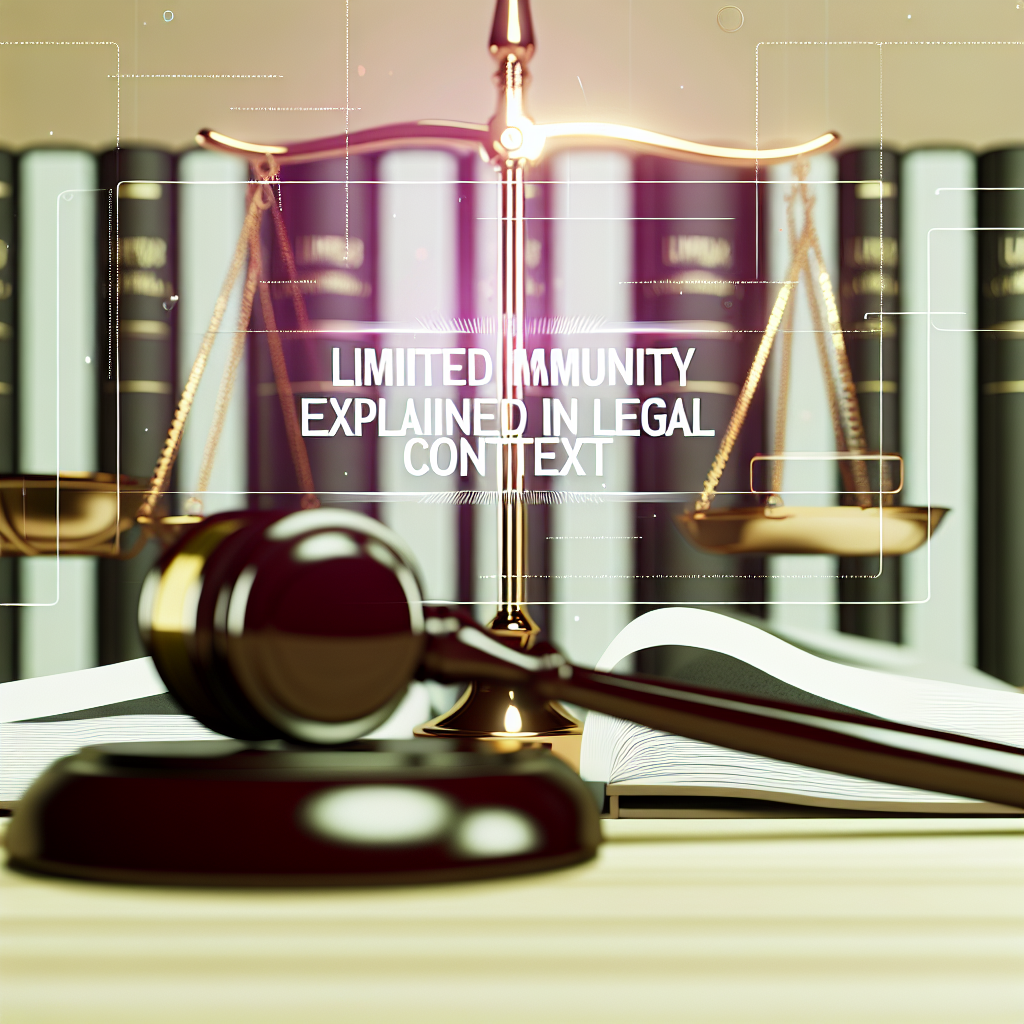
Ghislaine Maxwell, a British socialite linked to the infamous Jeffrey Epstein scandal, has captivated global attention due to her conviction for sex trafficking. This article delves into her background, the controversies surrounding her, and the legal concept of limited immunity, exploring its meaning and relevance in high-profile cases like hers. We examine how such immunity plays a role in criminal proceedings and its implications for justice.
The Life and Controversies of Ghislaine Maxwell
Born on December 25, 1961, in France to media mogul Robert Maxwell and scholar Elisabeth Meynard, Ghislaine Maxwell grew up in a life of privilege in Oxford, England. As the youngest of nine children, she developed a close bond with her father, who influenced her early exposure to business and technology. Educated at prestigious institutions like Balliol College, Oxford, where she earned a degree in Modern History with Languages, Maxwell emerged as a prominent figure in London’s elite social circles during the 1980s.
Following her father’s mysterious death in 1991, amid scandals involving pension fund embezzlement, Ghislaine relocated to New York City. There, she became deeply entangled with financier Jeffrey Epstein, serving as his close associate and, according to allegations, his recruiter for a network of underage girls exploited in a sex trafficking operation. Maxwell’s role extended beyond personal ties; she founded the TerraMar Project in 2012, a non-profit focused on ocean conservation, which some viewed as a facade amid growing scrutiny.
Her arrest in July 2020 by U.S. federal authorities marked a turning point. Charged with enticement of minors and sex trafficking, Maxwell was denied bail due to flight risk concerns, given her opaque finances and multiple citizenships. In December 2021, she was convicted on five of six counts, including sex trafficking of a minor, leading to a 20-year prison sentence. This case highlighted systemic failures in addressing elite abuse, with victims recounting years of manipulation and coercion orchestrated by Maxwell and Epstein.
Understanding Limited Immunity: Meaning and Application
What is limited immunity? In legal terms, limited immunity, often referred to as use and derivative use immunity, is a prosecutorial tool that protects a witness from having their compelled testimony or any evidence derived from it used against them in future prosecutions. Unlike transactional immunity, which offers blanket protection from charges related to the testimony, limited immunity allows prosecution if independent evidence is found. This distinction encourages cooperation without fully absolving potential wrongdoing.
The limited immunity meaning stems from the U.S. Constitution’s Fifth Amendment, safeguarding against self-incrimination. As established in the Supreme Court case Kastigar v. United States (1972), use immunity suffices to compel testimony, balancing investigative needs with individual rights. Prosecutors grant it via agreements, often in grand jury settings, to extract information from reluctant witnesses. However, if a witness lies under immunity, they face perjury charges, adding a layer of accountability.
In practice, limited immunity appears in complex cases involving organized crime or corruption. For instance:
- It aids in dismantling networks by flipping lower-level participants against leaders.
- It raises ethical debates, as it may allow partial culprits to evade full justice.
- Internationally, variations exist, but the core principle promotes testimony without fear of self-incrimination.
Critics argue it can undermine public trust when applied unevenly, particularly in cases of powerful individuals.
Limited Immunity in the Epstein-Maxwell Saga
Building on the concept, limited immunity intersected dramatically with the Ghislaine Maxwell case through Jeffrey Epstein’s 2008 non-prosecution agreement (NPA) in Florida. This deal, criticized as overly lenient, granted Epstein and unnamed “potential co-conspirators” what amounted to transactional immunity from federal sex trafficking charges in that jurisdiction, in exchange for his guilty plea to state prostitution charges. Maxwell’s defense later claimed this shielded her, interpreting it as broad protection.
However, federal courts in New York rejected this argument, ruling the NPA was limited to Florida and did not bar her 2020 charges. This highlighted the boundaries of such agreements and sparked outrage over “sweetheart deals” for the elite. Victims, through lawsuits like those under the Crime Victims’ Rights Act, challenged the NPA’s secrecy, leading to a 2019 ruling that it violated their rights. The saga underscores how limited immunity can complicate justice, delaying accountability for figures like Maxwell while exposing systemic biases in legal protections.
In summary, Ghislaine Maxwell’s story intertwines privilege, scandal, and legal intricacies like limited immunity, revealing how such tools can both aid and hinder justice in sex trafficking cases. As society grapples with these issues, it’s crucial for readers to advocate for transparent legal processes that prioritize victims over elite protections, ensuring accountability prevails in future high-profile prosecutions.